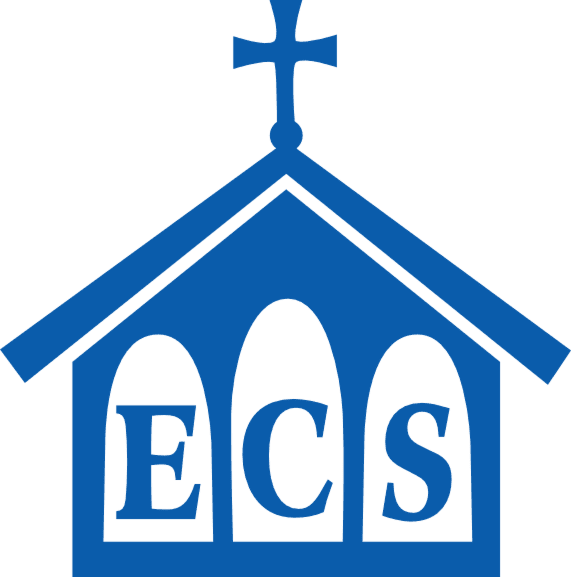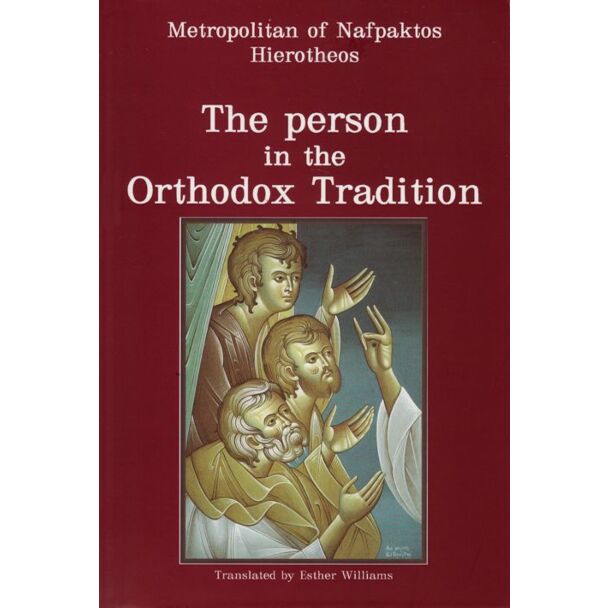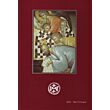The person in the Orthodox Tradition
Metropolitan of Nafpaktos Hierotheos
Translated by Esther Williams
Translated by Esther Williams
Publication Data: Levadia, Greece: Birth of the Theotokos Monastery, 2002
Format: softcover
Number of Pages: 360
Dimensions (l × w × h): 20.7 cm × 14.0 cm × 2.4 cm
ISBN: 960‒7070‒40‒2
Metropolitan of Nafpaktos Hierotheos
Translated by Esther Williams
“In the texts which follow I have attempted to look at the patristic teaching about the person and freedom. I have noted that the holy Fathers gave integrated answers to these subjects, which show that, on the one hand, they have advanced beyond philosophy, and on the other hand, they are associated with asceticism, which marks them as genuine. [...]The orthodox teaching is the only medicine in which we can dissolve all the topics that are engaging us. Orthodox theology is the single truth. And since this is the teaching of the Church, the Orthodox Church is our only hope, for it is only here that we can really become persons and experience true freedom, which is the fulfilment of the purpose of our existence.”
—“Introduction”
CONTENTS
Translator's Note
Preface to the English edition
Prologue to the second edition
Introduction
1
The holy Fathers and philosophy
1. Philosophy and theology
2. The two educations and the two wisdoms
3. The Three Hierarchs and philosophy
4. The term ‘philosophy’ used by the Fathers
5. Conclusion
2
The human person according to the holy Fathers
1. The theology of the person
2. Person and man
3. Contemporary interpretations-analyses of the person
4. The asceticism of the person
5. The value of considering the asceticism of the person
a) Person and eros
b) Person and freedom
c) Person and social problems
6. Conclusion
3
The hypostasis-person in philosophy and theology
1. The person according to philosophy
2. The person in Western and Orthodox theology
3. The theology of the mode of being
4. The asceticism of the person
5. The Orthodox conception of the person
4
The experience and terminology of the person
1. Contemporary views of interpersonal relations
2. The Patristic experience and terminology of the person
3. God is experience
4. The vision of God and the theology of the Holy Trinity
5. The formation of the terms essence, hypostasis, person
6. The weakness of theological terms
7. Correlation of triadology with anthropology and sociology
8. Conclusion
5
The saints, bearers of Divine Revelation
1. The bearers of divine Revelation
2. The value of divine Revelation
a) The cosmological problem
b) Being and becoming
3. Theology and the pastoral care of the holy relics
6
The morality of freedom and the freedom of morality
1. The theology of freedom
a) The relativity of human freedom
b) The challenge of freedom
c) Freedom and fall
d) Natural will and will based on opinion
e) The freedom of the saints
2. Freedom from death
a) Independence and death, according to St. John of Damaskos
b) The entrance of death according to St. Gregory Palamas
c) Sin and death
d) Transcending death
3. The freedom of the nous
a) Freedom and nous
b) Freedom of the nous, according to Abba Isaiah the solitary
4. Foolishness for Christ as a life of freedom
a) What are the fools for Christ
b) The reason for their emergence
c) The preconditions of foolishness in Christ
d) The falling asleep of the fools for Christ
e) Christian life and foolishness
5. Conclusion
Format: softcover
Number of Pages: 360
Dimensions (l × w × h): 20.7 cm × 14.0 cm × 2.4 cm
ISBN: 960‒7070‒40‒2
Metropolitan of Nafpaktos Hierotheos
Translated by Esther Williams
“In the texts which follow I have attempted to look at the patristic teaching about the person and freedom. I have noted that the holy Fathers gave integrated answers to these subjects, which show that, on the one hand, they have advanced beyond philosophy, and on the other hand, they are associated with asceticism, which marks them as genuine. [...]The orthodox teaching is the only medicine in which we can dissolve all the topics that are engaging us. Orthodox theology is the single truth. And since this is the teaching of the Church, the Orthodox Church is our only hope, for it is only here that we can really become persons and experience true freedom, which is the fulfilment of the purpose of our existence.”
—“Introduction”
CONTENTS
Translator's Note
Preface to the English edition
Prologue to the second edition
Introduction
1
The holy Fathers and philosophy
1. Philosophy and theology
2. The two educations and the two wisdoms
3. The Three Hierarchs and philosophy
4. The term ‘philosophy’ used by the Fathers
5. Conclusion
2
The human person according to the holy Fathers
1. The theology of the person
2. Person and man
3. Contemporary interpretations-analyses of the person
4. The asceticism of the person
5. The value of considering the asceticism of the person
a) Person and eros
b) Person and freedom
c) Person and social problems
6. Conclusion
3
The hypostasis-person in philosophy and theology
1. The person according to philosophy
2. The person in Western and Orthodox theology
3. The theology of the mode of being
4. The asceticism of the person
5. The Orthodox conception of the person
4
The experience and terminology of the person
1. Contemporary views of interpersonal relations
2. The Patristic experience and terminology of the person
3. God is experience
4. The vision of God and the theology of the Holy Trinity
5. The formation of the terms essence, hypostasis, person
6. The weakness of theological terms
7. Correlation of triadology with anthropology and sociology
8. Conclusion
5
The saints, bearers of Divine Revelation
1. The bearers of divine Revelation
2. The value of divine Revelation
a) The cosmological problem
b) Being and becoming
3. Theology and the pastoral care of the holy relics
6
The morality of freedom and the freedom of morality
1. The theology of freedom
a) The relativity of human freedom
b) The challenge of freedom
c) Freedom and fall
d) Natural will and will based on opinion
e) The freedom of the saints
2. Freedom from death
a) Independence and death, according to St. John of Damaskos
b) The entrance of death according to St. Gregory Palamas
c) Sin and death
d) Transcending death
3. The freedom of the nous
a) Freedom and nous
b) Freedom of the nous, according to Abba Isaiah the solitary
4. Foolishness for Christ as a life of freedom
a) What are the fools for Christ
b) The reason for their emergence
c) The preconditions of foolishness in Christ
d) The falling asleep of the fools for Christ
e) Christian life and foolishness
5. Conclusion
Write Your Own Review






